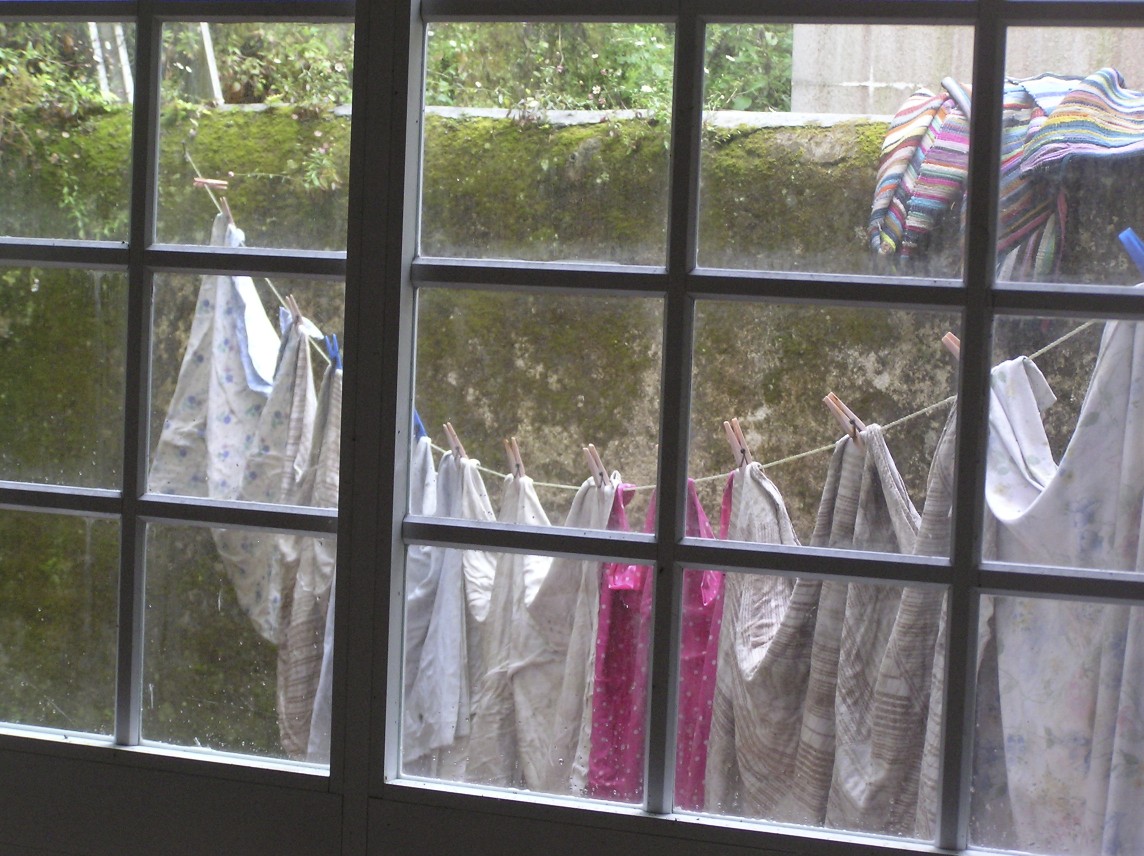
What about Quad Three (The Protected Self)? The complex, overwhelming and saturating world in which we live includes a rich (but challenging) interpersonal heterogeneity. We are never sure what and how much to disclose to other people, given that they do not necessarily share with us a common heritage, value-system or even language. Our third quadrant is understandable protected in a postmodern world, for we need to be careful about what we disclose to other people, given that our disclosure could be inappropriate, misunderstood or counterproductive. Compounding this challenge is the prospect of selecting from among a richly diverse body of information residing in our third quadrant. If our first quadrant is saturated, then there is no reason to believe that our third quadrant is any less saturated. It’s not just a matter of telling other people about our life—it’s a matter of deciding which of our many “lives” to describe. Which story do we tell—not do we or do we not tell our story?
So, what do we do? We can diminish the size and scope of quadrant three—moving toward Lasch’s minimal self. We can spend many hours deliberating about what is our “authentic” self. Lasch’s social-critical (and Continental school) colleague, Richard Sennett suggests that we have become very careful about what we share with other people. We save our “real” self for private settings (when we are at home), while we offer a mask or persona (personality) in “public.” Putting these two analyses together, we would seem to be caught in a dilemma. We are encouraged to be more open and share our private self in public setting; yet, we must deliberate about what is our true “private” self rather than our false “public” self. This deliberation, in turn, leads to caution and to reticence about sharing any aspect of self in public.
We fail to realize that many selves are “authentic” in certain times and places and in relationship to certain people. We can share many aspects of our “private” self in public settings—we have only to choose which aspects are appropriate in which settings. This is the selective self that seems to be associated with maturity in our society. These are important choices to make—and the movement from Quad Three to Quad One is particularly important and difficult in a postmodern world. By reducing the disclosure of third quadrant content, in search of authenticity, we may be diminishing not just our sense of self, but also the quality of relationships that we have with other people (disclosure being an important aspect of this quality). Eventually, Quad Three content will tend to dry up (or move to Quad Four) if it is not shared. Thus, when we are stingy about Quad Three and obsessed with always presenting some sort of carefully coifed and “authentic” Quad Three, we risk the loss of the richly diverse material located in this quadrant.









